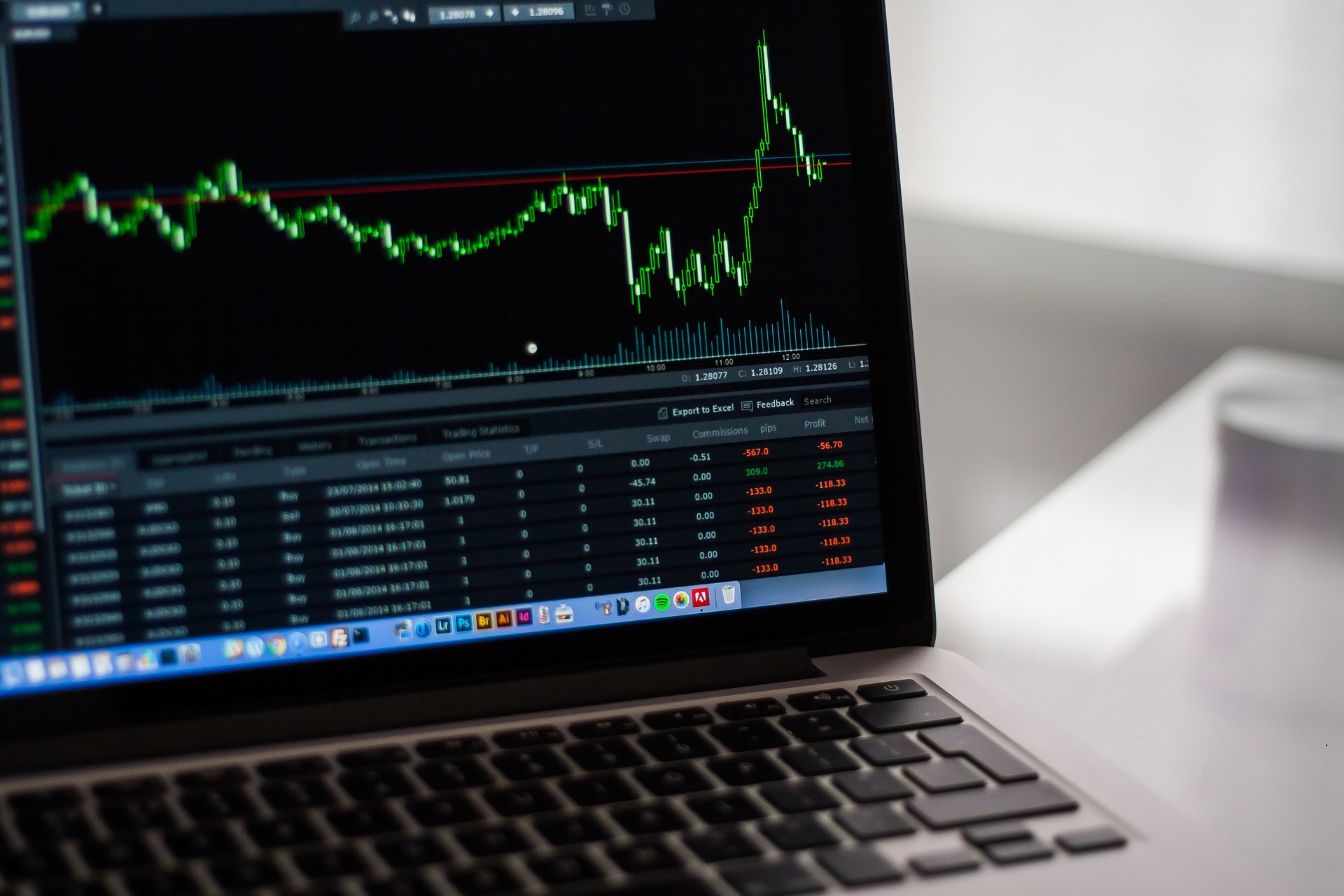
Global stock markets went up as the U.S. delayed implementation of new tariffs on China by two weeks after the latter announced plans to waive tariffs on some U.S. goods.
Following the announcements to delay tariffs on China, global stock markets moved up, with China's Shanghai Composite Index increasing by 0.2% and Japan's Nikkei climbing by 0.9%. Meanwhile in the U.S., the futures market improved, with Dow futures gaining 115 points after hours or 0.4%, S&P 500 futures surging by 0.4% while Nasdaq futures going up by 0.6%.
According to U.S. President Trump, his decision to delay the U.S. tariffs represents "good will" toward China. Implementation of the tariff increase from 25% to 30% on $250 billion worth of goods will be moved from October 1 to October 15.
Stephen Innes, a market strategist for Asia Pacific at AxiTrader, points out that China's announcement of tariff exemptions also demonstrate its willingness to address tensions between the two nations. Moreover, Innes and other analysts argue that weak economic performance from both countries is likely fueling initiatives to reach an agreement. American manufacturing has fallen for the first time in three years while China experienced a slowdown in global demand and negative effects of tariffs on its economy.
China has placed exemptions on products such as shrimp, fish meal and cancer treatment drugs. While Hu Xijin, editor of the Chinese state-run media outlet Global Times, claimed that the exemptions should not be treated as a concession from China, Jingyi Pan, a strategist for IG Group, the decision still "reflects the growing impact of the tariffs upon the wider Chinese economy."
Artur Baluszynski, head of research at Henderson Rowe, said "Chinese tariffs that really matter are the ones on U.S. agricultural and manufacturing goods, produced mainly in states with strong support for Donald Trump. We just don't see China willing to negotiate on them before the race for US presidential elections really kicks off."






